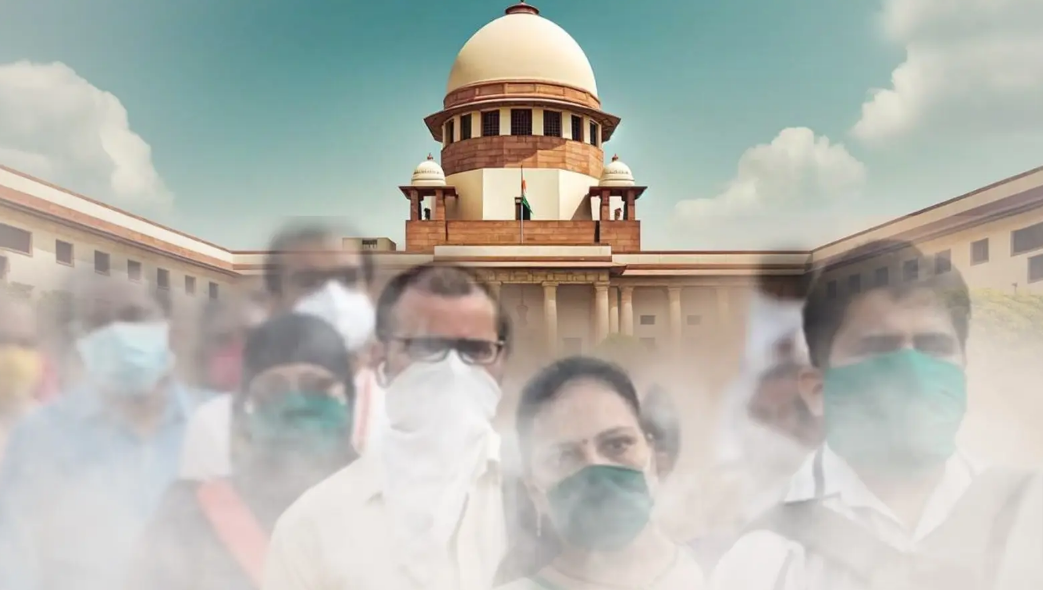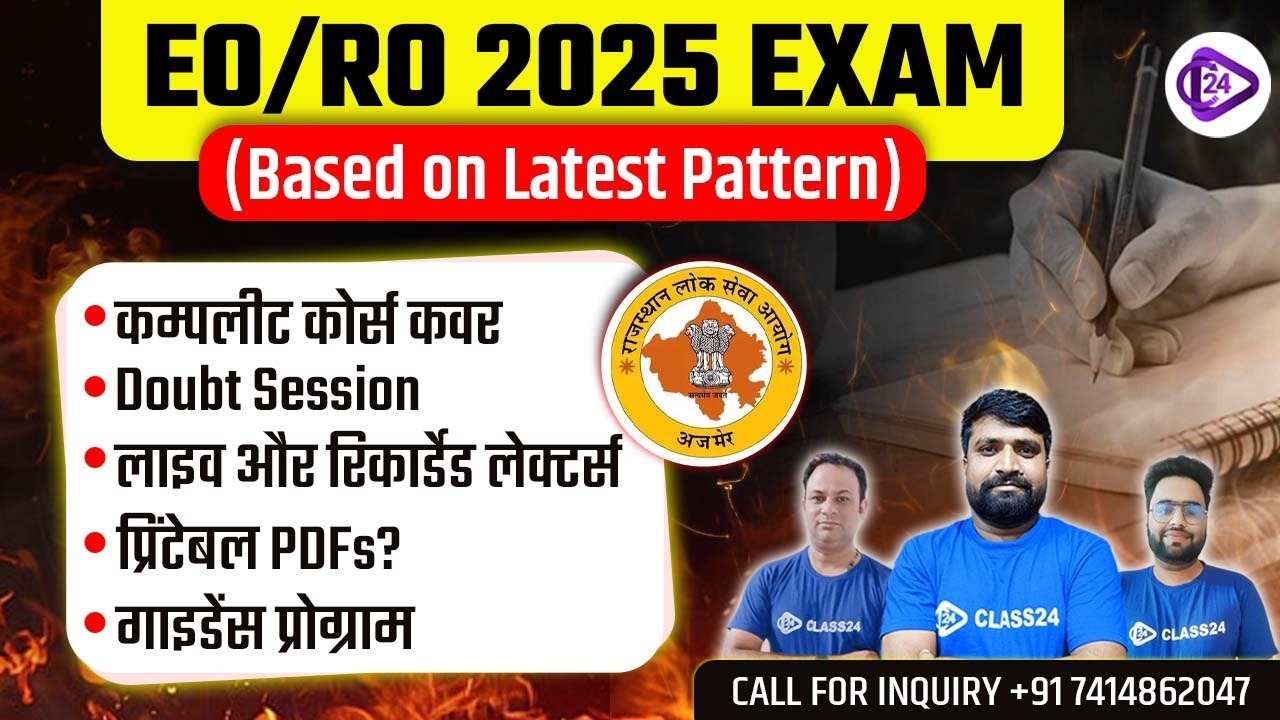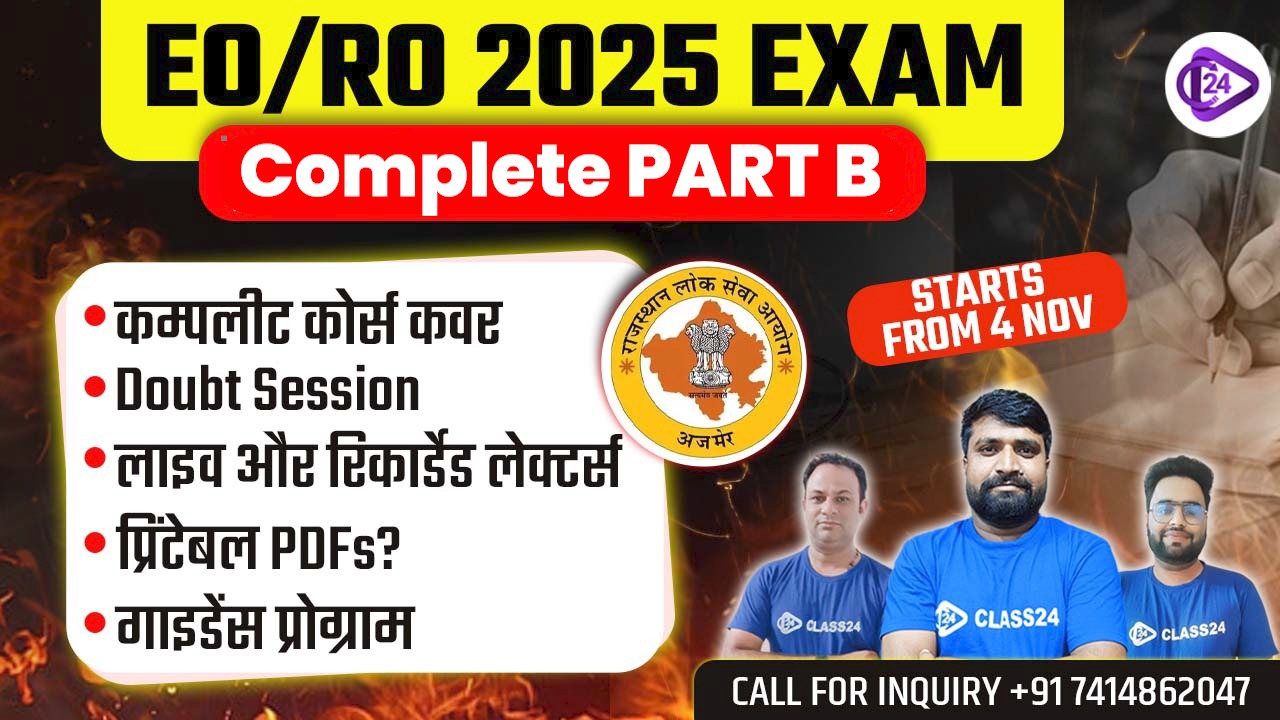
The Honourable Supreme court of India has raised concern that while air pollution levels rise to very alarming levels in the National capital region (NCR) stage IV of the graded response action plan the Delhi government is yet implement. This intervention is at a time when AQI in Delhi-NCR has reached 441 just a whisker away from the ‘severe+’ which demands implementation of the measures prescribed under GRAP IV.
GRAP the abbreviation for Graduated Response Action Plan is a procedure which started in 2017 and got approval from the Supreme Court to implement emergency measures to reduce air pollution across the country in stages. All these measures are implemented whenever the AQI reaches certain levels of threshold. Level four of AQI and its implementation involves the strictest measures of the campaign, which are usually implemented when AQI hits 450; they include: the complete ban on the trucking industry except the ones carrying essentials, stopping construction and demolition, and making schools shift to online learning. Moreover, the following measures are called for: increasing the availability of teleworking policies; and limiting the usage of non-emission-compliant vehicles.
The strict admonition from the Court points to the need to come up with lasting solutions to the recurrent air quality malfunction in Delhi occasioned by unfavourable weath(condition/climate and other environmental factors coupled with polluted sources. Thus smoky skies and degrading air quality have become concerns for public health, especially for sensitive groups such as children and the ageing population. The advanced delay in the implementation measures of GRAP IV has raised issues of governance, accountability, and organisation between the Centre, Delhi, and the CAQM.
To the best of my knowledge, this issue provides an enormous ground for analysis of governance and environmental management in India. Hence, a brief understanding of how GRAP work and what their roles are in combating pollution is crucial for competitive exam aspirants. It addresses the constituency concern of judicial activism, inefficient coordination between the environment and health policies, and the implementation of various stakeholder-led action plans in a populous urban setting. As pollution rears its head yet again in Delhi-NCR, GRAP continues to be one of the many weapons in the country’s mission to make cities livable again.
Chat With Us


 Guru Ghasidas Tamor Pingla tiger Reserve Chhattisgarh
Guru Ghasidas Tamor Pingla tiger Reserve Chhattisgarh India COP29 Climate Justice Global South Advocacy
India COP29 Climate Justice Global South Advocacy






